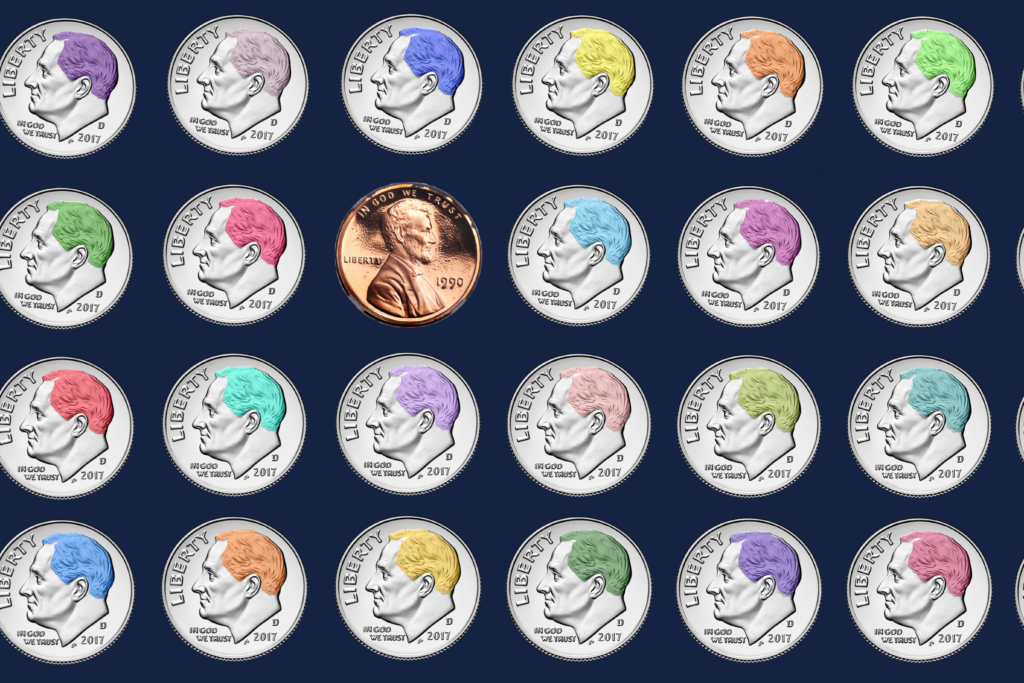
For decades, minority groups have been fighting for fair and equal representation. When representation in film and television happens for the wrong reasons, tokenism is at play. For many, it’s an issue that drives certain narratives, preventing people from truthfully telling their stories.
Tokenism is a concept that usually applies to the media, in which companies represent a few minority groups to claim diversity. Movies and television shows often include a couple of minority characters in order to claim diversity, yet do not try to be inclusive.
Thus, representation “does not [always] mean that the artist or company actually support equality,” sophomore Katie Sie said.
Lately, Hollywood has been covering more stories from increasingly diverse perspectives and giving more recognition to international movies that do so. Movies such as Black Panther, Roma, Call Me By Your Name, and Crazy Rich Asians are recent Academy Award nominees and winners, but there are still steps to be taken for representation to be reflective of modern society and taken more seriously.
English teacher and film expert Christine Duffy said that people are often too passive about representation and that tokenism is “an easy way out of actually changing a system that isn’t as diverse as it needs to be.”
The term has been around since the Civil Rights Movement, where along with fighting for equal rights, African Americans fought for accurate and just representation.
The two go hand in hand, as media portrayals lead to misinformation about minority groups that can affect one person’s view of another. Katie added that misrepresentation in the media has led to the perception that Asian characters are “studious or nerdy…[which] reinforces stereotypes and microaggressions.” People who have certain experiences, Ms. Duffy said, should be able to share their own perspective.
That’s also not to say that tokenism in our time isn’t extremely important. It potentially takes employment, educational and financial opportunities away from minorities. As senior Shivani Persaud said, “Institutions can argue that they already help a number of people [and]… have already fulfilled some sort of quota.”
Katie added that it can influence minorities’ “perspectives of society,” changing the way that people see themselves.
Shivani explained that tokenism can also lead to a performer standing out specifically for their background. Institutions can “[spotlight] the people of minority background” in an attempt to showcase diversity especially for the audience. “It’s exploitation, to an extent,” she said.
However, it’s also difficult to combat. Going against tokenism implies facing an issue that’s persisted for several decades.
Recent diverse movies are good first steps to combat tokenism, Ms. Duffy said, but there’s more that we can do. She continued to say that we can promote diverse voices, as the Tribeca Film Festival did, hire more people with diverse backgrounds based on their abilities, and encourage them to tell their stories.
If the media valued achievements, hard-work, and talent, Shivani said, “we’d probably be living in a more diversity-loving world.”



























